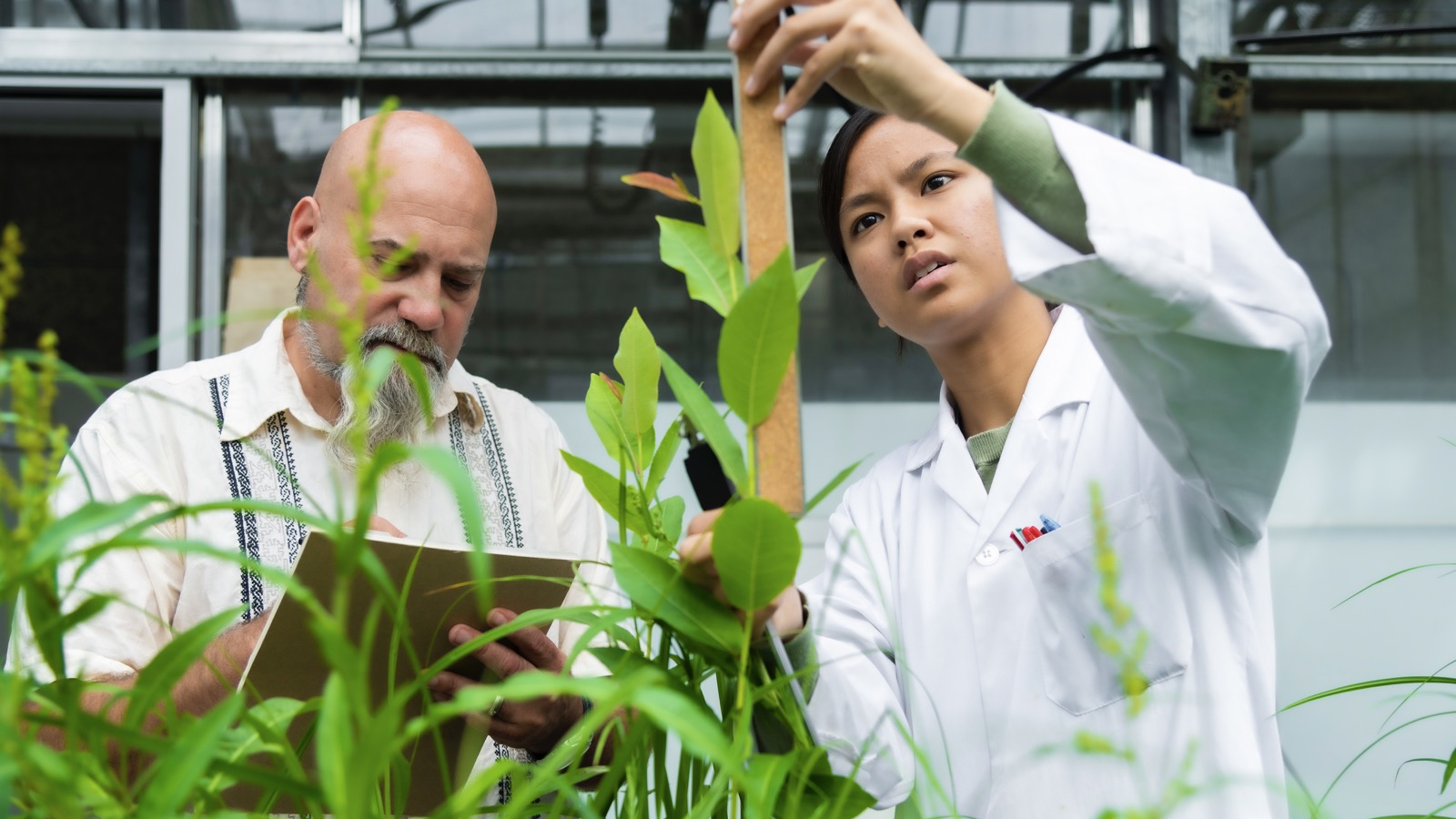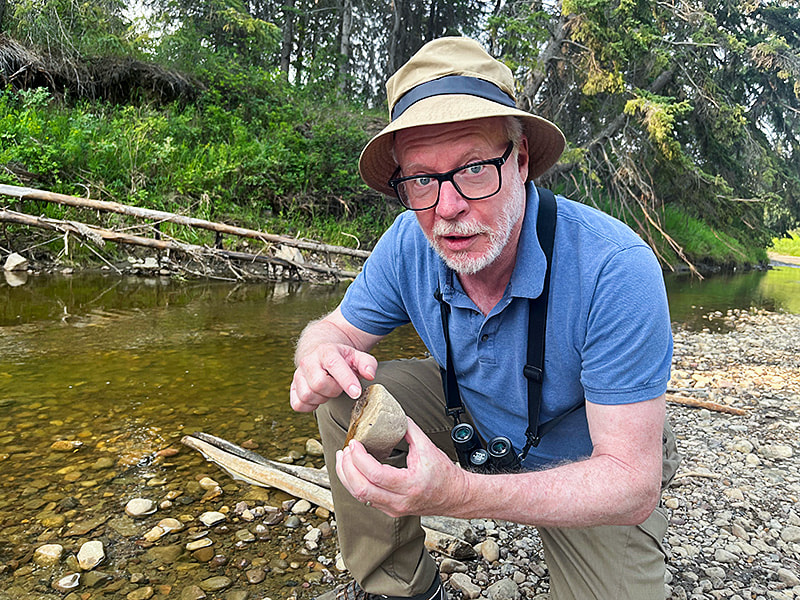What is Conservation Biology?
Majoring in conservation biology will help you learn how to conserve the world around you. You’ll study everything from endangered species to land restoration and will learn how to manage natural ecosystems, including parks and protected areas. You’ll become an environmental problem solver, developing an understanding of ecological integrity, biodiversity preservation and conserving rare species and environments.
Students pursue specialized training in these areas, while having the freedom to select courses according to their personal interests. For example, students may focus on a particular type of ecosystem (e.g., forests, wetlands, rangelands) or particular types of living things (e.g., rare plants, fungi, fishes, insects, or other wildlife), while some pursue interests in working with environmental stakeholders like Indigenous groups.
Careers
- Conservation Biologist
- Ecologist
- Entomologist
- Environmental Consultant
- Fisheries Biologist
- Land Use Advisor
- Park Warden/Conservation Officer
- Science Communicator
- Sustainability Consultant
- Wildlife Biologist
Check out the U of A’s Environmental Science Career Guide for more options.
Featured Courses
Introduction to the classification, identification, distribution, habitat, and ecology of common trees, shrubs and herbaceous species typically found in Alberta and beyond. Lecture and labs emphasize the recognition of identifying characteristics and the use of dichotomous keys to identify about 250 plant species including higher taxa. A self-directed plant collection is mandatory and registered students are encouraged to contact the instructor during the summer months for instructions. Field exercises may take place off campus.
Principles and practices of restoring ecosystem structure, function and biodiversity after natural or anthropogenic disturbances. The course focuses on ecological theory and how to apply it to ecological restoration. Topics include landscape processes and connectivity, soil-plant processes, techniques, philosophy and ethics and societal aspects of ecological restoration.
An overview of the diversity of management practices among protected areas, including national and provincial parks, interpreted in the context of the ongoing development of ecological science and environmentalism.
Theoretical and applied considerations for maintaining endangered, threatened and rare populations and species, including provincial, national and international strategies. Contributory factors to decline and extinction are discussed, as are various recovery programs.
You may also
be interested in:
Programs related to a major in conservation biology
- BA in Environmental Studies
- BSc in Forestry or Forest Business Management
- Other Environmental & Conservation Sciences majors
- ENCS majors in Land Reclamation or Conservation Biology can pursue a 1 year Master of Forestry to partially fulfill competency requirement to become a Registered Professional Forester

